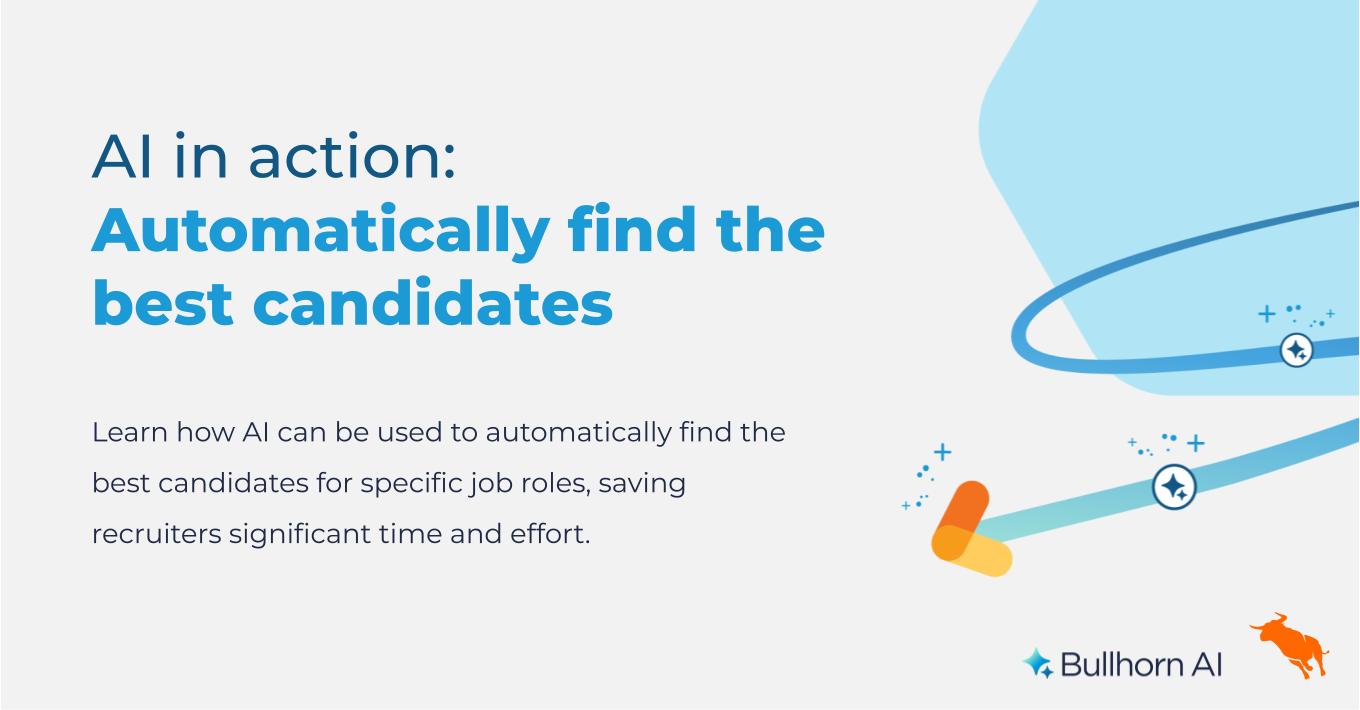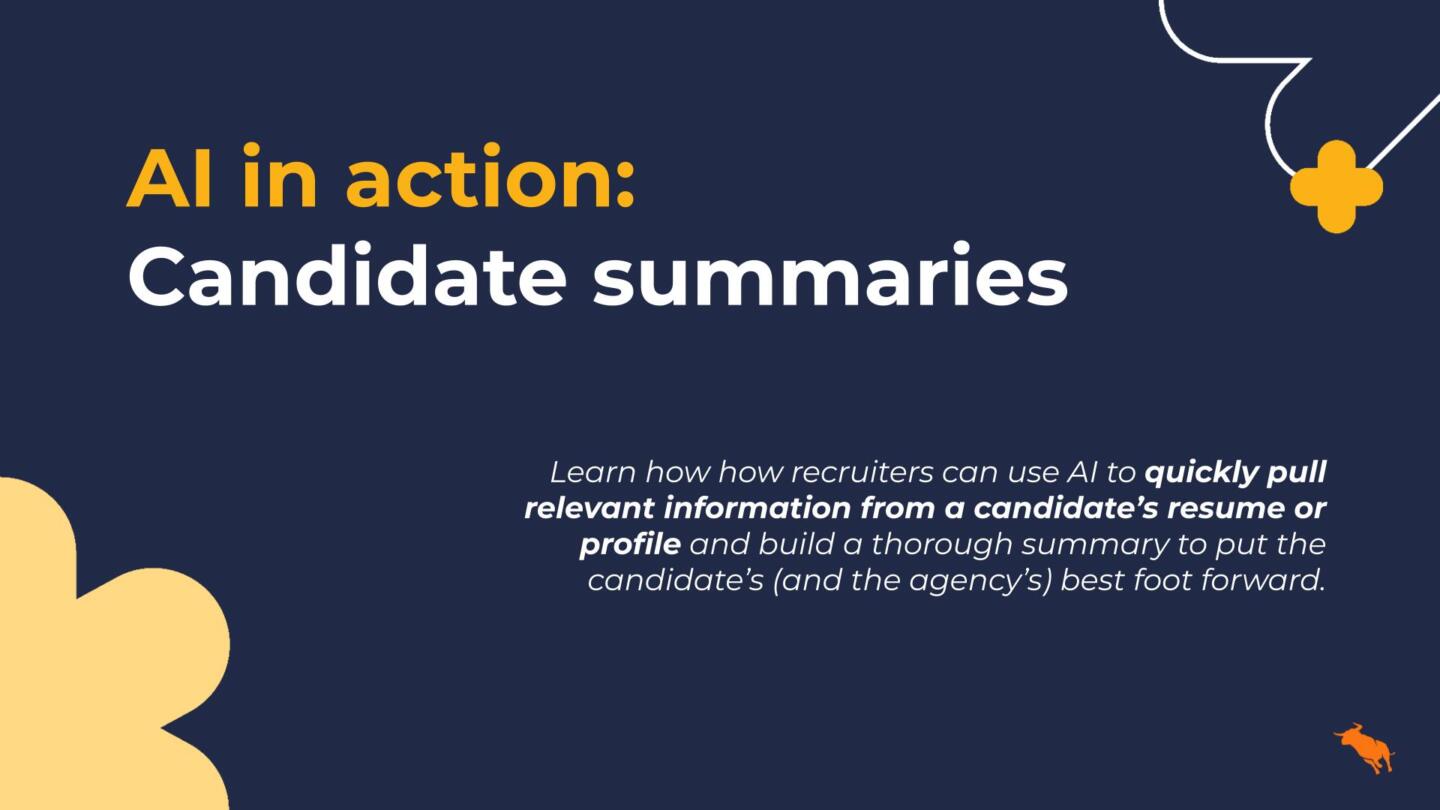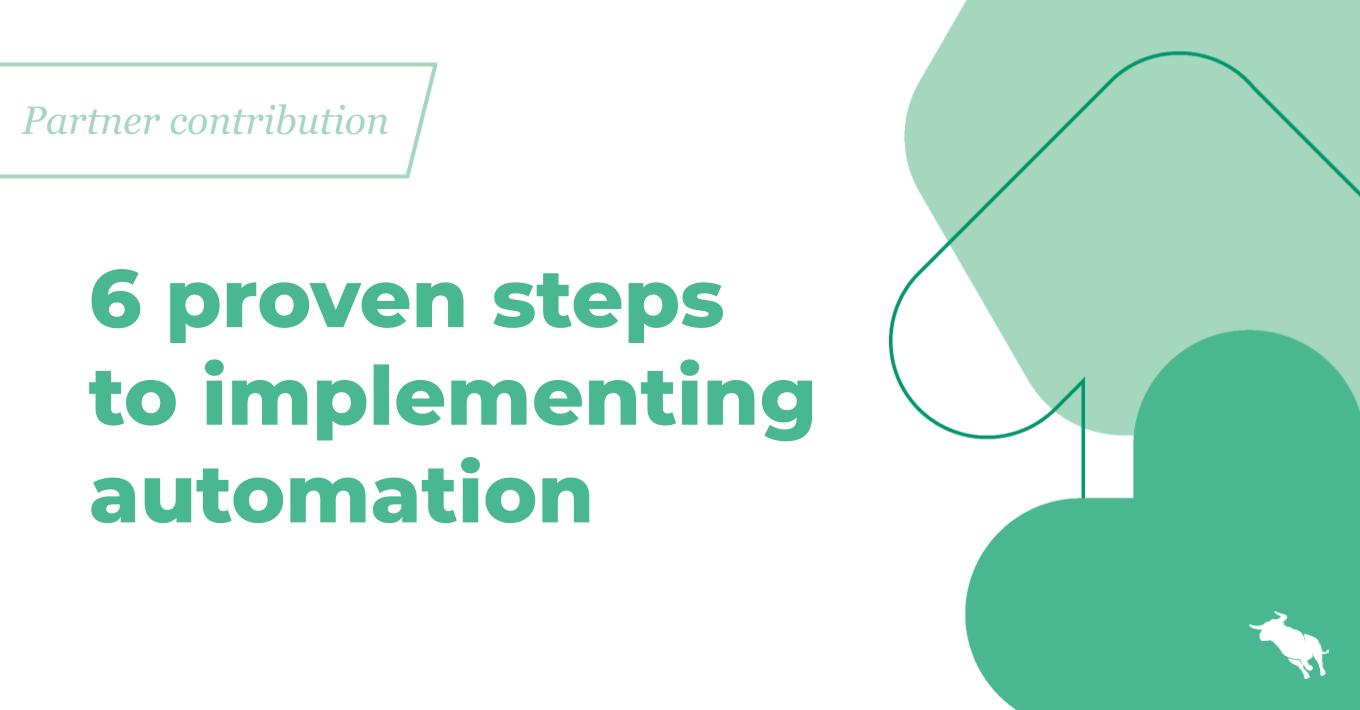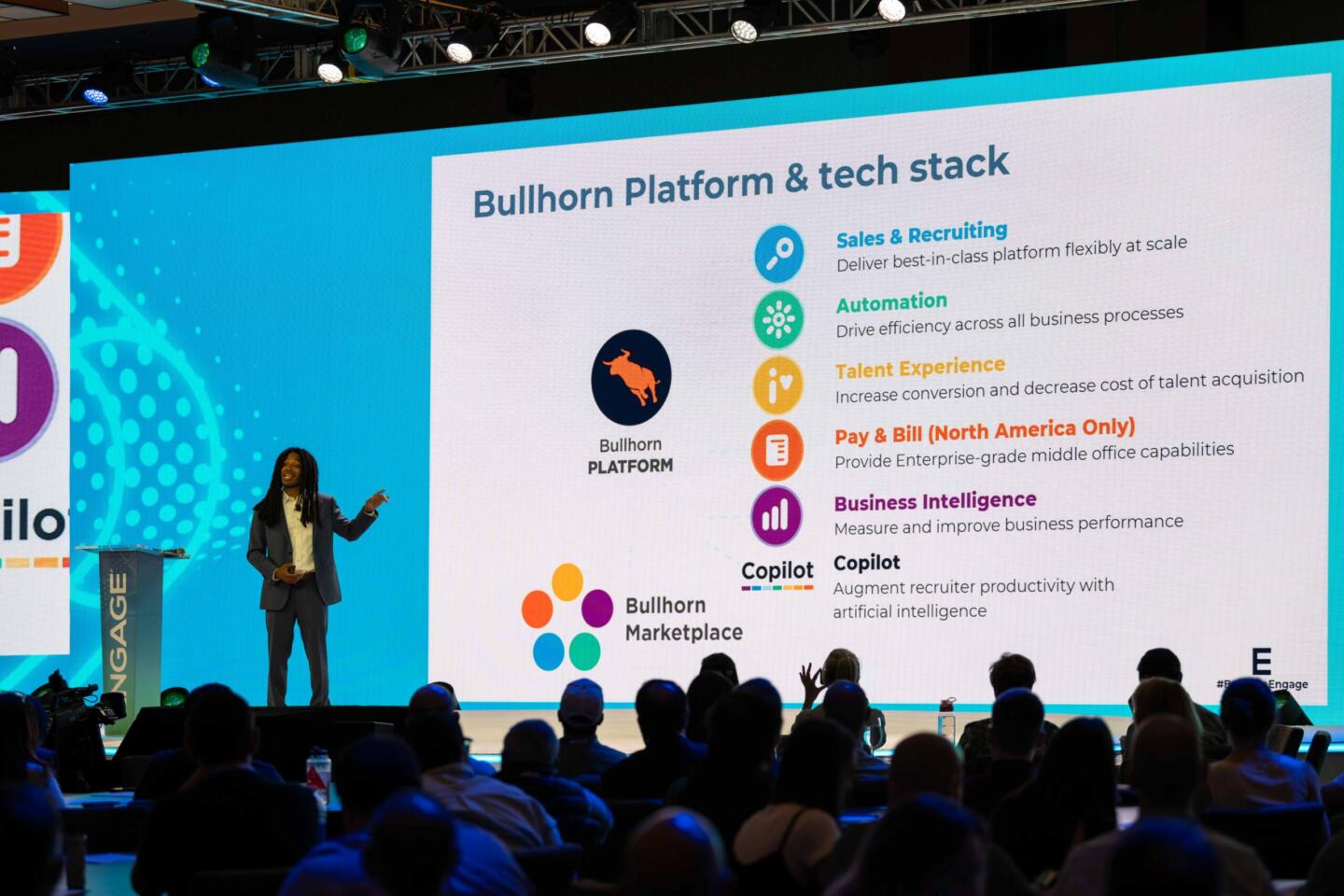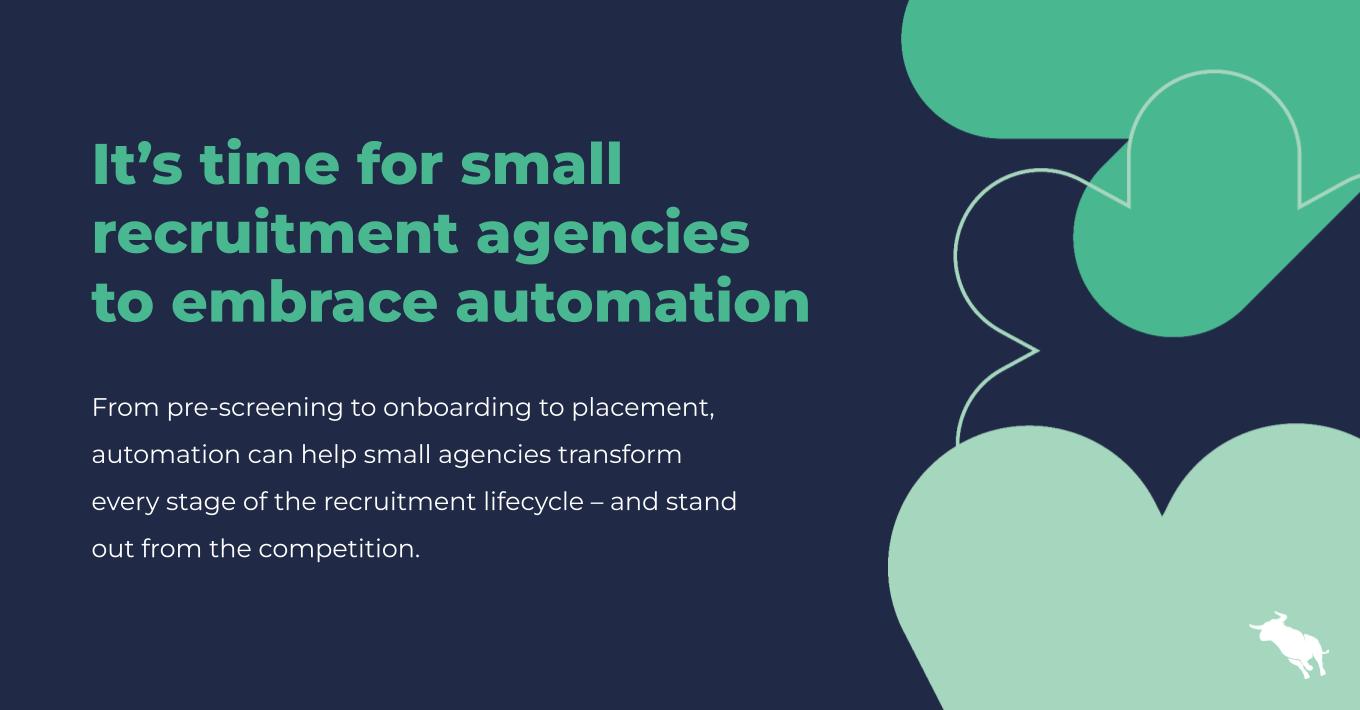Flipping the Switch
Congratulations Bullhorn customers! You’re on to something pretty powerful and irreversible. Nicolas Carr, provocative author of the famous Harvard Business Review article, “Does IT Matter,” recently published his second book, The Big Switch: Rewiring the World from Edison to Google. In this latest work, Carr talks about the arrival of utility computing into the mainstream.
Bullhorn, as Software-as-a-Service and On Demand, is utility computing in its most perfect form. And we just achieved some very significant milestones in our service delivery – Bullhorn now processes more than 200 million transactions per month with 99.999% availability. Now, according to Carr, the rest of the world is recognizing the powerful virtues of using the On Demand, utility model to run its business, with access to computing when you need it from wherever you need it. Of course, the ubiquity of the Internet is the driving force of utility computing and that is exactly what has made this phenomenom mainstream. In fact, I’d argue that the staffing and recruiting industry was at the forefront of adopting utility computing. Not only is Bullhorn one of the largest, industry-specific SaaS solutions in the world, but the industry quickly adopted new Internet-based innovations like job boards, social networks and business search engines like Zoominfo.
Phil Wainewright of ZDNet, the prominent IT publisher, recently blogged about the “Eight Reasons SaaS will surge in 2008“. Check it out. Phil believes the time has come to flip the switch on utility computing. Some of his points will surprise you and show some hidden benefits that really impact your bottom-line. The economics of SaaS during a slower economy is certainly a huge benefit, particularly when you consider that you only pay for what you need and use – no more unused licenses of client/server software that customers pay in advance. And there is no need to overpay for infrastructure in anticipation of future growth. In other words, SaaS manages your opportunity costs for you – you don’t need to overinvest in technology, but instead during boom times you can invest in the recruiters that are going to drive your business. SaaS, contrary to one of Nicolas Carr’s prevailing viewpoints, also affords the IT department the opportunity to be more strategic.
In the first generation of IT, the mainframe era, IT’s role was focused on the processing of core business tasks, i.e. the back office. The second generation of IT, the client/server era, saw the power of computing distributed to the knowledge worker with new applications that drove corporate growth. Unfortunately, this second generation was also limited – knowledge workers did not have the flexibility to access information at anytime and from anyplace. Nor did they have the ability to access information in a timely way from disparate systems, even within the same organization. In the current third generation, the Internet leveraging the SaaS, On Demand delivery model, IT works with the line-of-business manager to strategically align the application with the business need. When those business needs change, the service changes to meet the need in real-time, right down to integration with any data across and beyond the enterprise. A common misconception about utility or On Demand computing is that every customer uses the same application or functionality. That is no more true than any other software model, but On Demand, and Bullhorn, has one big benefit – the functionality, workflows and business processes are configurable to the specific customer in real-time. If your business is competitvely superior on how you source and place candidates and service clients, then so by extension will your use of Bullhorn. IT’s role as a strategic, change agent becomes even more critical to the business.
Despite some of the early economic agita of 2008, the flipping of the switch this year of utility computing will make it well entrenched as a mechanism to drive competitive advantage in the staffing and recruiting industry for years to come. I always love to hear the experiences and viewpoints of our Bullhorn community. What were your experiences when you “flipped the switch?” Till the next time.
